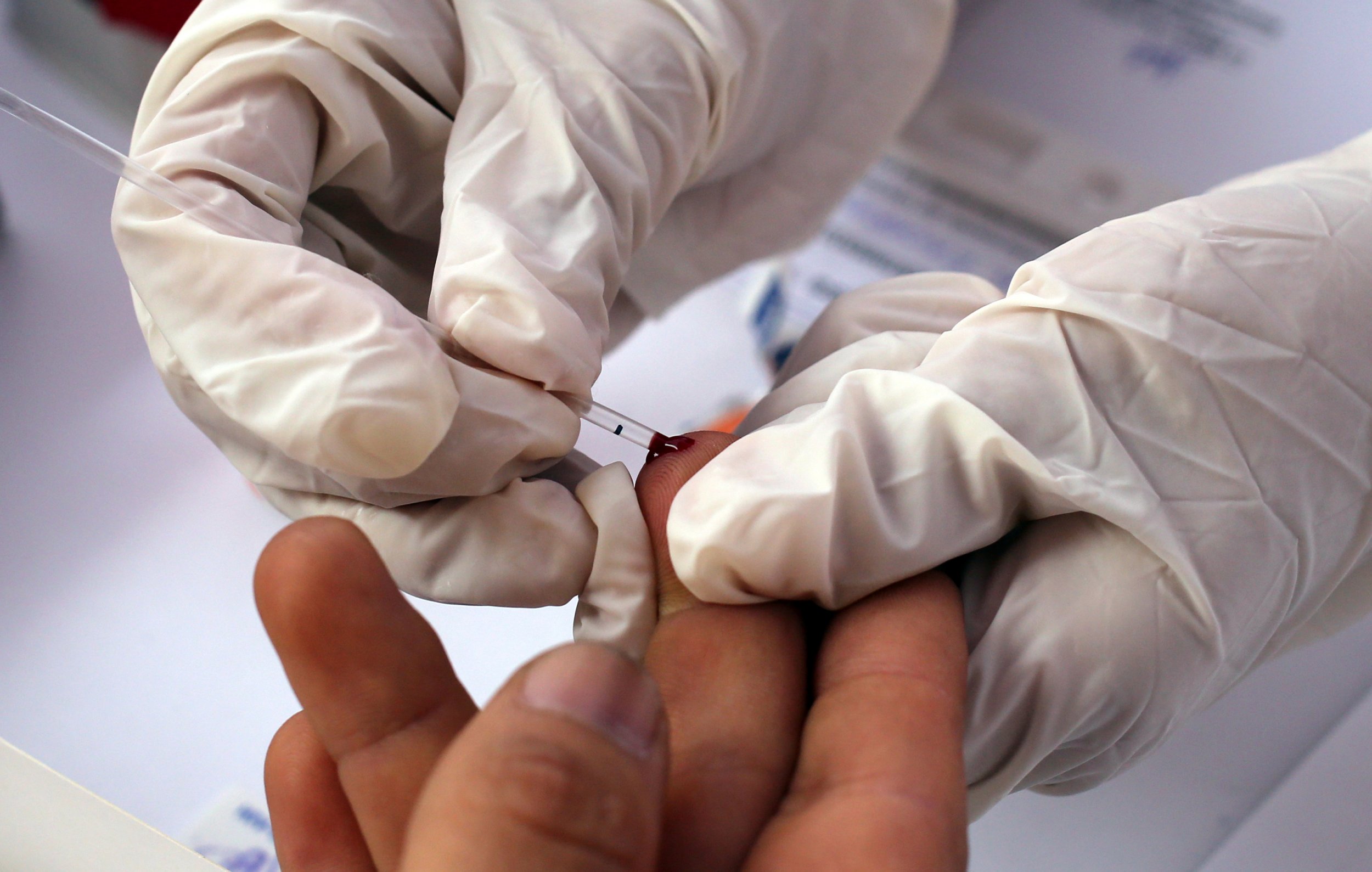
This article originally appeared on Medical Daily.
HIV is a sexually transmitted virus that has infected millions around the globe. Although the virus is manageable with medication, people continue to die from HIV-related complications. Each year, we come a little closer to an eventual cure; here's what research taught us about HIV in 2016.
REMOVING HIV FROM HUMAN DNA
Genetic editing is at the forefront of many medical advancements, including in HIV research. In a study published in March, researchers from Temple University succeeded in using a CRISPR/Cas9 gene editing technique to effectively edit out and eliminate the HIV virus from DNA in human cells.
What's more, unlike past attempts to remove HIV from human DNA, this current study shows that edited cells are not susceptible to becoming reinfected again. The finding shows the effectiveness of gene editing tools on HIV, and suggest that one day these tools may even lead to a cure.
FIRST VACCINE AGAINST VIRUS GOES TO TRIAL IN SOUTH AFRICA
While a cure for HIV would be amazing, finding a vaccine to protect against the virus is also important. In July, trials of what may be the first HIV vaccine began in South Africa, an area of the world with the highest HIV infection rate, CNN reported. The trial, called HVTN 702, will run over the course of three years in South Africa, with 5,400 people across four sites receiving the experimental drug.
The vaccine works off of a previous vaccine attempt in 2009 which unfortunately was only 31 percent effective in preventing the disease. However, researchers are confident that improvements to the formula will make this vaccine more effective.
FURTHER IMPROVING ANTIVIRAL DRUGS
In a study published in August, scientists from the Medical Research Council (MRC) Laboratory of Molecular Biology in Cambridge and University College London have discovered an essential feature of the HIV virus that it uses to infect cells while avoiding detection by the immune system, which may allow them to develop more effective drug treatments to control the virus.
Current drugs used to treat HIV are called antiretroviral treatment (ART). They work by keeping the level of HIV in your body low and allowing your immune system to stay strong, AVERT reported.
Uncommon Knowledge
Newsweek is committed to challenging conventional wisdom and finding connections in the search for common ground.
Newsweek is committed to challenging conventional wisdom and finding connections in the search for common ground.
About the writer
To read how Newsweek uses AI as a newsroom tool, Click here.








